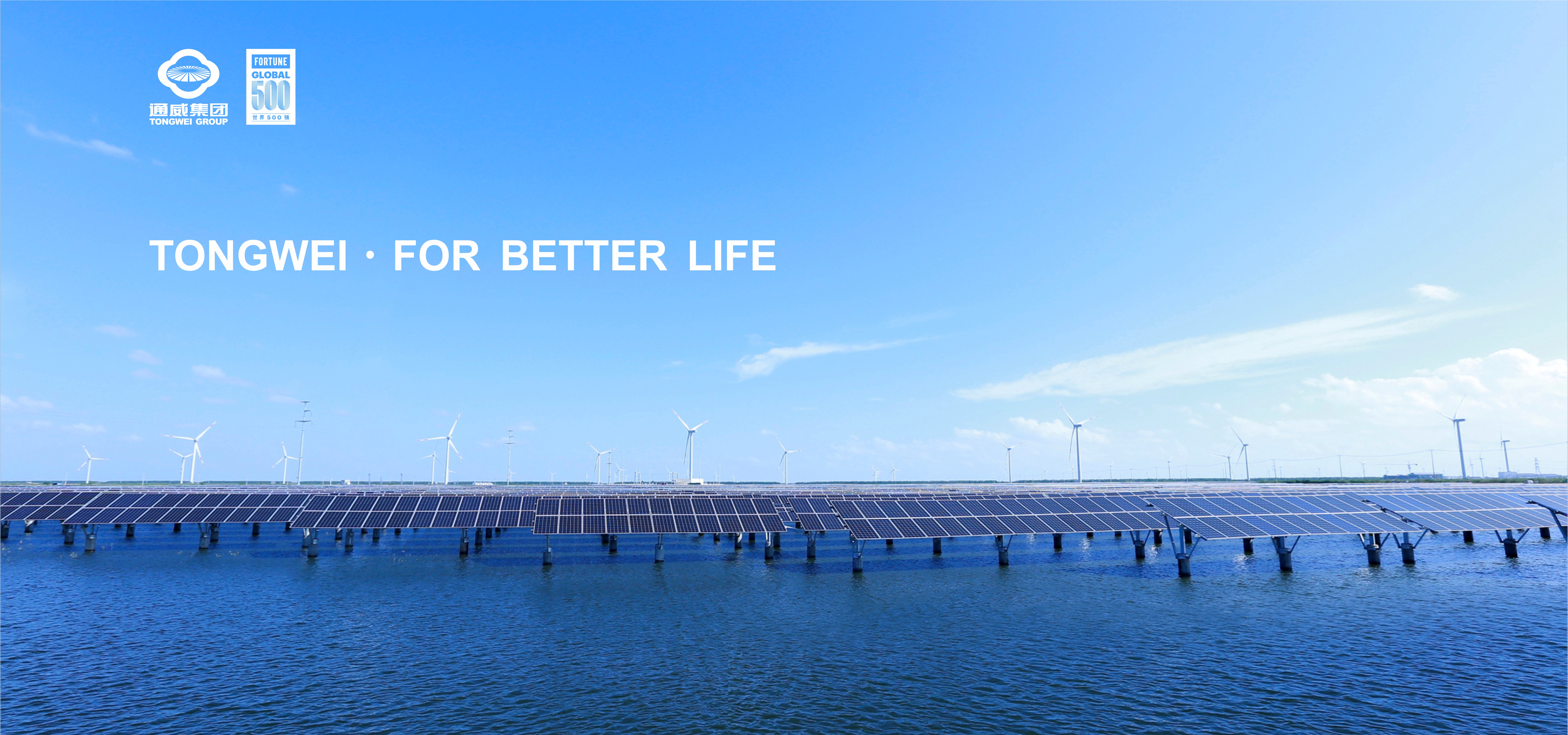2025-08-05
Front-side power generation represents the core capability
while back-side power generation offers added value
The Secret Behind TNC 2.0's Dual-Sided Power Generation

Photovoltaic (PV) modules exhibit a duality
The commonly cited module power refers to the nameplate power
representing the front-side power generation capacity, akin to the two sides of a coin
Modules also have two sides, and in practical applications
the back side is also contributing to energy production
Crucially, module prices are determined based on front-side power
The electricity generated from the back side can be considered an added benefit
How significant is this "free lunch"?
The TNC 2.0 module offers insights
01
Standardization is Key!
IEC Sets the Rules for Back-Side Power Generation
In 2021
the IEC 61215, an authoritative standard in the photovoltaic field
made a significant advancement
by formally incorporating "Bifacial Nameplate Irradiance (BNPI)"
This provides a reliable standard for
scientifically evaluating the power output of bifacial modules
What is BNPI?
In essence, it refers to the electrical performance under the conditions of
1000 W/㎡ irradiance on the front side
and 135 W/㎡ irradiance
on the back side
Other environmental conditions and standard test conditions (STC) remain consistent

This represents the average environmental reflected light intensity received
on the back side of the module when it is 1 meter above the ground
approximately 13.5% of the front-side irradiance
The power measured under this "typical" back-side light intensity
is already reflected in the product nameplates of certain manufacturers
For certain extreme high-reflection scenarios
IEC 61215:2021 also provides corresponding
test standards—Bifacial Reliability Irradiance (BSI)
Under this standard's test conditions
the front maintains 1000W/m² irradiance
while back-side irradiance increases to 300W/m²
equivalent to 30% of the front side
Other test conditions are consistent with STC
This simulates the extreme conditions of back-side irradiance
that may be achieved in various application scenarios
Key takeaways:
Back-side power generation gain, under standard evaluation (BPNI)
contributes approximately the equivalent of 13.5% of front-side irradiance
Under extreme reliability testing (BSI)
the back-side contribution can reach the equivalent of 30% of front-side irradiance
The IEC standard provides a reliable basis
for the value assessment of bifacial modules
02
Calculating the Benefits
TNC 2.0's Gain is Visible
With the theory understood, how much actual gain is there?
Let's examine the flagship product of Tongwei TNC 2.0!
Based on the IEC BNPI standard, the gain is calculated as:
Back-side equivalent gain = standard back-side irradiance ratio x bifaciality
According to an analysis by Infolink
In 2024, the market share of N-type dual-glass modules will reach over 80%
It is estimated that from 2025-2028, the market share of dual-glass modules
will further grow to over 85%
This means that
the high bifaciality advantage of TNC 2.0 modules
along with the resulting high gains
will be widely applied in most scenarios globally
03
Higher Bifaciality
Amplifying the Value of Solar Energy
Bifacial power generation is not just a gimmick
The IEC standard allows the value of this "environmental gift"
to be scientifically measured
Tongwei TNC 2.0 technology
precisely captures and amplifies this value
Recently, Tongwei Global Innovation R&D Center showcased its latest technological breakthrough:
ultra-high bifaciality modules based on
Tunnel Oxide Passivated Contact (TOPCon) technology
achieving a cell bifaciality of
94.3%
while module bifaciality reaching
91.7%
(Certified by TÜV Rheinland)
"Tongwei has begun trial production of modules with over 90% bifaciality and plans to launch large-scale production of modules with over 85% bifaciality this year. It is expected that the mass production technology goals of cell bifaciality reaching 95%
and module bifaciality reaching 90% may be achieved in the next 1-2 years."
—Meng Xiajie, Director of the Cell Development Department of the PV Technology Center of Tongwei

Choosing Tongwei TNC 2.0 means
Choosing a visible "extra benefit"
With solid front-side power, robust back-side gain
superior overall power, better "investment returns"
higher power generation, and lower levelized cost of electricity
TNC 2.0, with its innovative technology
delivers this "double surprise" from the sun
contributing to a more efficient and sustainable green energy future
Planned and produced by: Module Marketing Division of PV Business Department, and the Administrative Department
Content support: PV Technology Department, Product Management Division of PV Business Department

